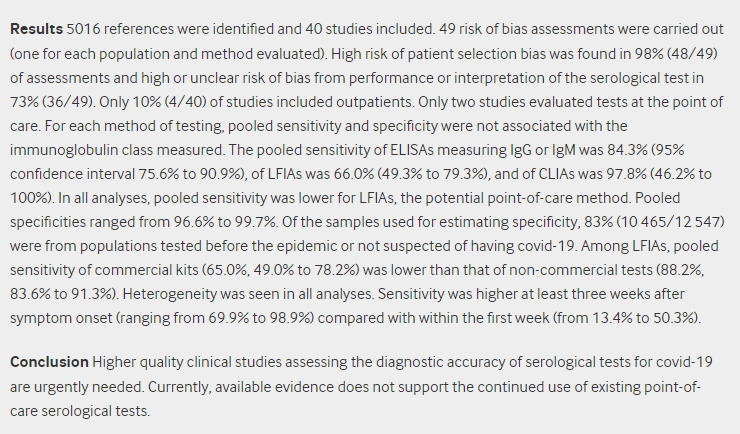I find this immensely frustrating
There is actually not really any evidence at all that serology surveys are & #39;flawed& #39; or & #39;dramatically underestimate& #39; how many people have had COVID-19
Sigh
There is actually not really any evidence at all that serology surveys are & #39;flawed& #39; or & #39;dramatically underestimate& #39; how many people have had COVID-19
Sigh
This headline is based on an editorial in the BMJ. So, firstly, not a study per se, this is a few academics& #39; opinions about something (granted, they sound very clever)
https://www.bmj.com/content/370/bmj.m3364">https://www.bmj.com/content/3...
https://www.bmj.com/content/370/bmj.m3364">https://www.bmj.com/content/3...
Thing is, the editorial is, well, pretty speculative. They are certainly not making any hard claims here, just raising the potential possibility that serology tests are missing mild/asymptomatic cases of COVID-19
But even there, I actually disagree with the authors of this editorial quite a bit
For example, they cite a study conducted in Luxembourg as evidence that IgA serology tests would pick up more people than the more commonly-used IgG
For example, they cite a study conducted in Luxembourg as evidence that IgA serology tests would pick up more people than the more commonly-used IgG
This sounded odd to me, because I& #39;ve read that Luxembourg paper - it& #39;s in my review - and I couldn& #39;t remember it making this argument
Because it doesn& #39;t, really
Because it doesn& #39;t, really
In fact, the Luxembourg paper DID find that more people had IgA responses than IgG responses, but this was expected because the IgA test WAS NOT AS GOOD
The specificity was VERY low for just IgA, meaning there were many false positives
The specificity was VERY low for just IgA, meaning there were many false positives
In fact, if you correct for test characteristics, you find that the IgA test predicts a seroprevalence of ~1%
Not that different after all!
Not that different after all!
Another study the authors cite as supportive of the idea that seroprevalence studies are missing loads of patients is this Austrian study that found a seroprevalence of 42% in an outbreak location
The authors of the editorial say that this is a red flag, because other serosurveys of Austria have found lower seroprevalence but used only IgG testing, so it& #39;s the IgA tests that are pushing up this number (and therefore many IgG-only studies are wrong)
Except, this doesn& #39;t make any sense whatsoever
The seroprevalence in Ischgl was 42% because it was the epicenter of the entire COVID-19 outbreak in Austria and indeed Europe!
The seroprevalence in Ischgl was 42% because it was the epicenter of the entire COVID-19 outbreak in Austria and indeed Europe!
Moreover, if you actually look at the IgA vs IgG positives in the study, you& #39;ll see that there are only a tiny fraction (~4%) who are IgA positive but not IgG positive
Completely contradicting the editorial https://abs.twimg.com/emoji/v2/... draggable="false" alt="👀" title="Augen" aria-label="Emoji: Augen">
https://abs.twimg.com/emoji/v2/... draggable="false" alt="👀" title="Augen" aria-label="Emoji: Augen">
Completely contradicting the editorial
So, the evidence that this editorial cites in favor of its argument appears to completely contradict the main point, which is...not great
And yet, reported as fact
As I said, sigh
And yet, reported as fact
As I said, sigh
More broadly, we know that the antibody tests for COVID-19 are pretty good, and probably don& #39;t miss a huge proportion of people who have actually had the disease https://www.bmj.com/content/370/bmj.m2516">https://www.bmj.com/content/3...
I wrote this up in a rapid response to the article which has now been published https://www.bmj.com/content/370/bmj.m3364/rapid-responses">https://www.bmj.com/content/3...

 Read on Twitter
Read on Twitter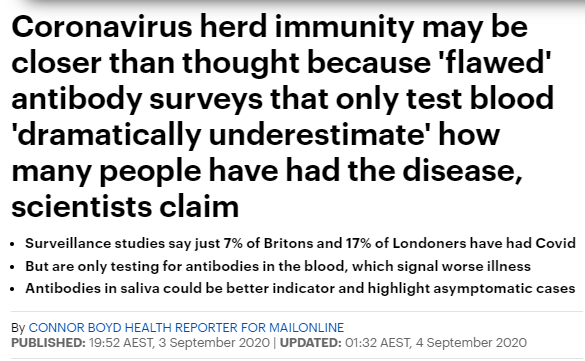
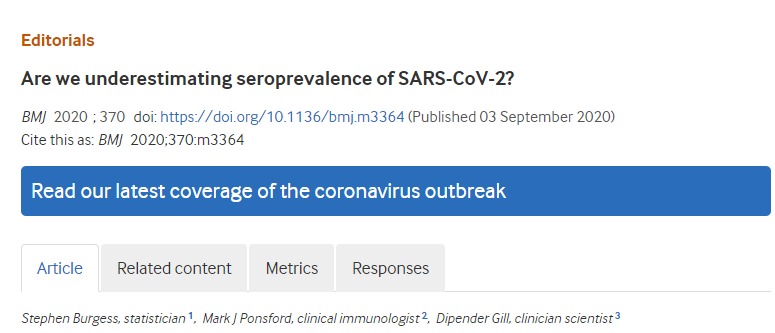



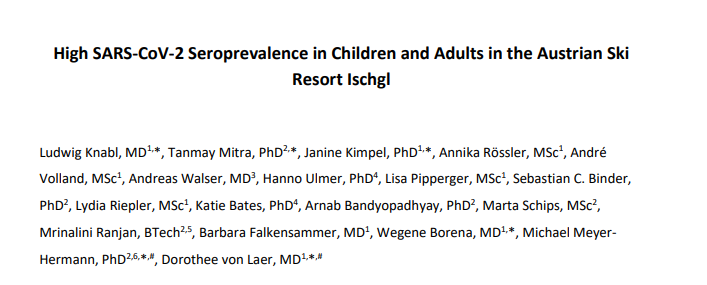

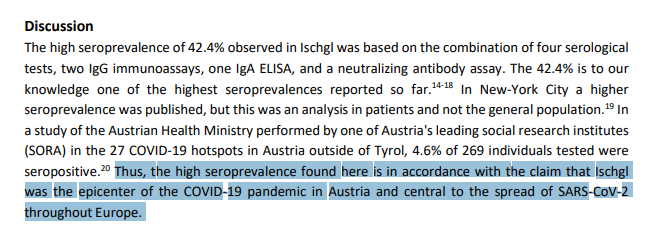
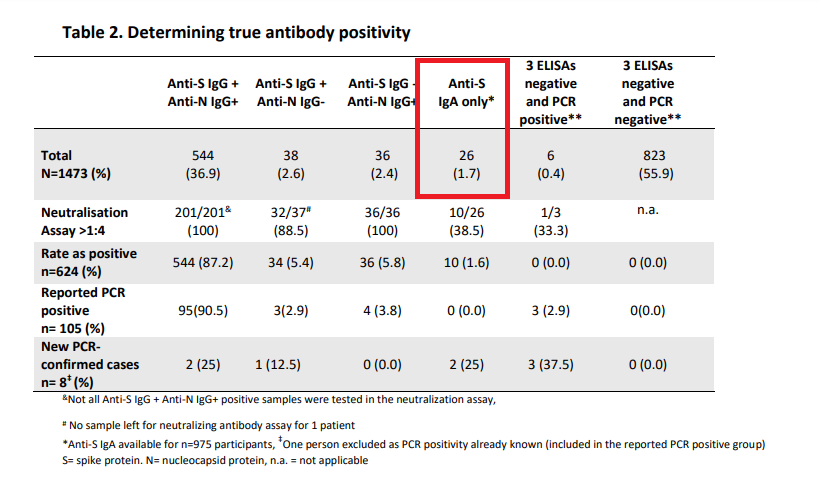 " title="Moreover, if you actually look at the IgA vs IgG positives in the study, you& #39;ll see that there are only a tiny fraction (~4%) who are IgA positive but not IgG positiveCompletely contradicting the editorial https://abs.twimg.com/emoji/v2/... draggable="false" alt="👀" title="Augen" aria-label="Emoji: Augen">" class="img-responsive" style="max-width:100%;"/>
" title="Moreover, if you actually look at the IgA vs IgG positives in the study, you& #39;ll see that there are only a tiny fraction (~4%) who are IgA positive but not IgG positiveCompletely contradicting the editorial https://abs.twimg.com/emoji/v2/... draggable="false" alt="👀" title="Augen" aria-label="Emoji: Augen">" class="img-responsive" style="max-width:100%;"/>
